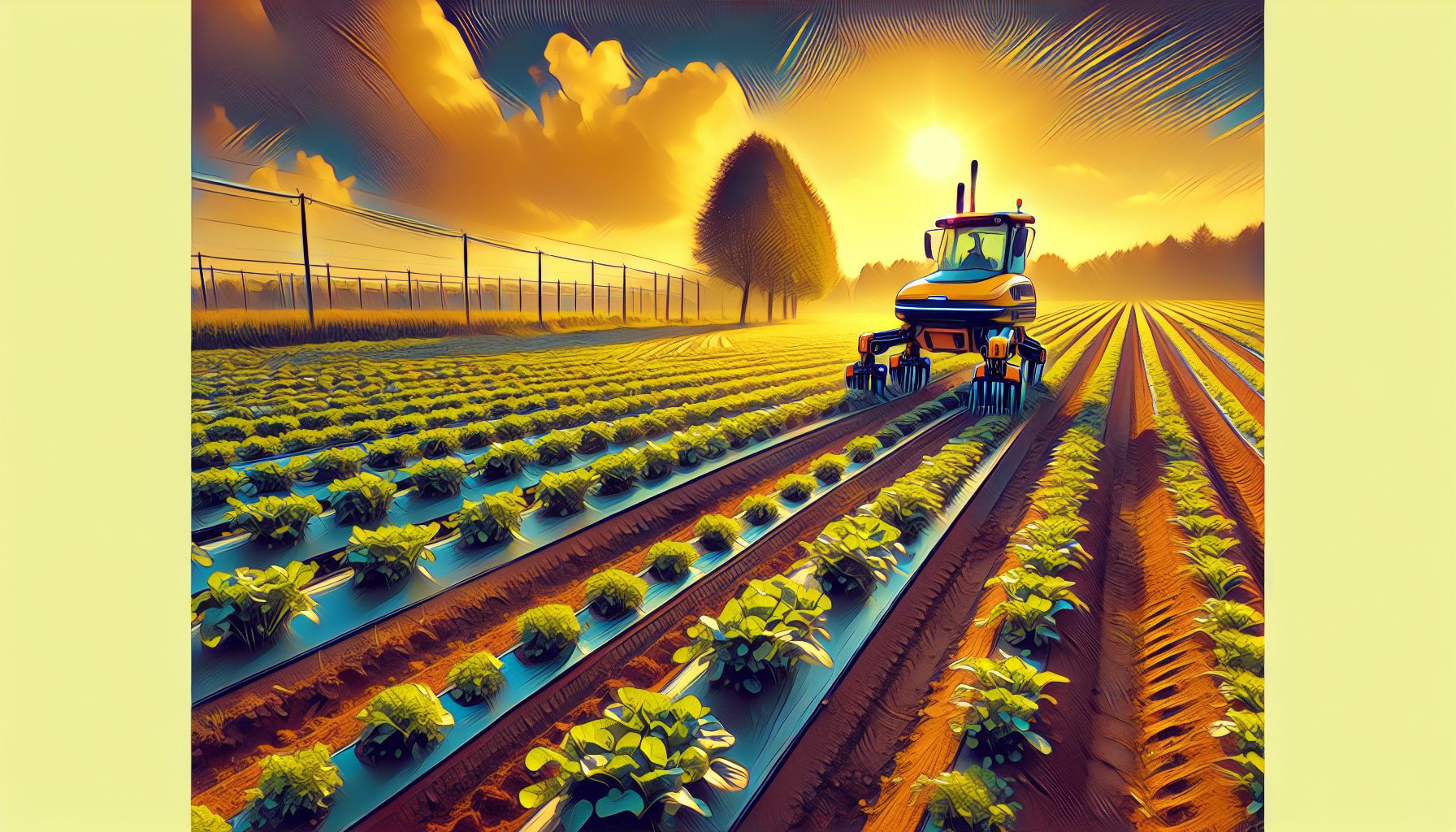Dutch Organic Farming Sector Lags Behind EU Peers

Despite Europe’s strides in organic farming, only 4% of Dutch agriculture is organic. Innovations like the AI-powered ‘Weed Whacker’ robot may help improve this situation.
Current State of Organic Farming in the Netherlands
According to Eurostat’s latest figures, the Netherlands ranks near the bottom of the EU with only 4% of its agricultural land certified as organic. This starkly contrasts with countries like Austria, where 27% of farmland is organic, and Estonia, at 23% [1]. Despite the government’s aim to reach 15% organic farming by 2030, progress has been sluggish due to multiple challenges faced by Dutch farmers.
Challenges and Obstacles
Dutch farmers face significant hurdles, including low domestic demand for organic products and a lack of financial support from banks. The certification process, which requires farmers to endure two years of more expensive production with lower earnings, further complicates the transition to organic farming [2]. Additionally, high exit costs deter many conventional farmers from switching to organic methods.
Innovative Solutions: The ‘Weed Whacker’ Robot
One of the promising technological innovations in this sector is the ‘Weed Whacker’ robot. Developed by Odd.Bot and supported by Wageningen University & Research (WUR), this AI-powered, toxin-free robot can weed up to 0.8 acres of land daily. It aims to reduce the need for chemical pesticides and lower costs for farmers, thus promoting more sustainable farming practices [1]. The ‘Weed Whacker’ has received funding from the Proof of Concept Fund, crowdfunding, and private investors.
Other Technological Innovations
In addition to the ‘Weed Whacker’, other technological advancements are being explored to enhance sustainable farming. For instance, Unmanned Valley is utilizing drones and smart AI algorithms to identify diseased tulips and hyacinths, thereby eliminating the need for toxic pesticides. Such innovations highlight the potential for technology to play a pivotal role in the future of organic farming in the Netherlands [1].
Success Stories: Ekoto Farm
Despite the overall slow progress, there are notable success stories within the Dutch organic farming sector. Ekoto, an organic farm run by Ivar van Dorst, employs a sustainable business model that focuses on efficient use of natural resources. By using strip cropping and GPS technology, Ekoto grows over 30 types of vegetables and herbs on 7 hectares of land, supplying local businesses and promoting a healthier environment for both workers and consumers [3].
Future Prospects and Goals
Looking ahead, the Dutch government aims to increase the organic farming area to 15% by 2030, which will require an annual increase of 26,000 hectares. However, achieving this target will demand significant efforts to overcome existing obstacles, including enhancing financial support and boosting domestic demand for organic products [2]. Innovations like the ‘Weed Whacker’ and the efforts of farms like Ekoto provide a glimpse into the potential for a more sustainable future in Dutch agriculture.

